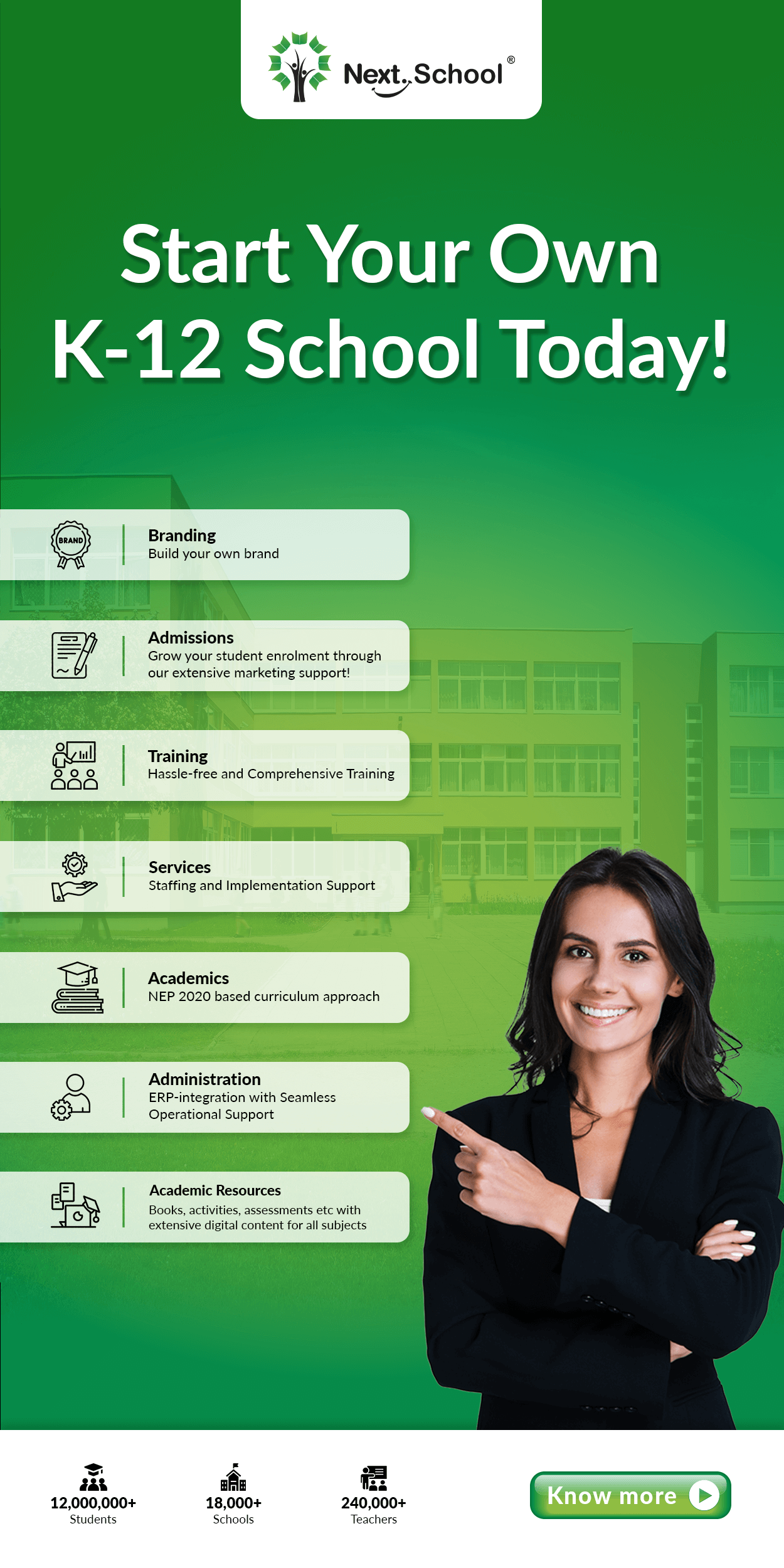Where Knowledge is Free

 MOOCs (Massive Open Online Courses) are a huge phenomenon today. They are much in demand today because of the flexibility in their structure. MOOCs are not only sought after by students, but also professionals who want to equip themselves to deal with the newer challenges in their field of work better.
MOOCs (Massive Open Online Courses) are a huge phenomenon today. They are much in demand today because of the flexibility in their structure. MOOCs are not only sought after by students, but also professionals who want to equip themselves to deal with the newer challenges in their field of work better.
The original concept of MOOCs was developed in the 1960’s with an idea that people could be linked by a series of computers to attend virtual classes and learn from qualified lecturers. However, MOOCs have come a long way making it possible for educators to customize their inputs according to the learning needs of the students enrolled. Virtual classrooms, peer interaction, and online discussions greatly enhance the depth of a student’s understanding of concepts.
However, professionals in the field caution us against the notion that the virtual medium can replace offline media. Says Salman Khan, founder of Khan Academy, “Whenever people imagine virtual anything, they immediately pit it against its physical counterpart—Amazon versus physical book stores, Wikipedia versus physical encyclopedias they assume that the virtual will replace the physical with something cheaper, faster and more efficient.” He adds, “In education, however, the virtual will create a very different type of disruption. We should not aim to replace the physical classroom. Instead we have an opportunity to blend the virtual with the physical and re-imagine education entirely.”
As for college education, most college classrooms across India have a teacher–student ratio of 1:40, making it very difficult for the educator to work with each student. Therefore MOOCs are all set to troubleshoot this hassle. MOOCs ease the burden on on-campus professors and facilitate a more interactive learning experience for large numbers of students. Students can view core course content and team up with their peers online. This way, professors get to spend more time to clarify concepts that are particularly challenging.
MOOCs are a good opportunity for Indian students to avail education from a university abroad through a totally virtual or a semi-virtual medium. Given the limited capacity of seats at top U.S. and Indian universities MOOCs are particularly relevant. This way, the outreach of courses is spread out wider enhancing the competitive edge of large numbers of Indian students in the global job market. Of late, renowned educational institutions, including Harvard and MIT, have included MOOCs as part of their teaching programme, either directly, or through associations.
Therefore, more people, both young and old, are increasingly turning to MOOCs as an option to expand their knowledge base and skill sets. Rakesh Jha (25) is right now studying Mathematical Thinking from Stanford and a Creative Writing Course from WritersBureau.Com from Manchester. Says software engineer and veganism advocate Sejal Parekh, who took an online course Plant-based Nutrition from Cornell University, “Studying from expert mentors cleared all the doubts I had for some time now. It was very useful to as a lot of people ask me questions about the vegan diet every day and this course equipped me much better to answer them.”
Eventually, MOOCs will evolve into systems that have a much further reach with respect to academic research and it looks all set to play a vital role in guiding young people make academic decisions. A social initiative like e-Choupal for farmers by ITC is a fitting example of how learning new skills can be acquired and learning gaps can be filled in a way totally unknown ten years ago.
MOOCs are fast turning into powerful educational resources both in India and abroad, the system can literally reach out to anyone with an internet connection. But one invariably needs to ask if MOOCs can cultivate competence which is required in the current job market. Many still view MOOCs only as a way to expand one’s own knowledge base. But like they say there are always exceptions to the rule. Says MIT professor Anant Agarwal about EdX which is a joint MOOCs venture of the Massachusetts Institute of Technology (MIT) and Harvard University, “Our courses are known for their quality. For us the most important thing is: have the students learnt. I think the quality of a pure online course can be better than the quality of an on-campus course. The pure lecture form of education is not working these days. In the online format, it could be more engaging. What we do is replace the lecture with learning sequences, inter-linked videos and interactive exercises.” This is a welcome considering that in a typical on-campus system lecturers have a standard set of notes that stays with them for years. Every year they teach the same stuff and crack the same jokes in class – there is no change and upgrade in a typical on-campus system.
So, MOOCs also create any opportunity for professors to adapt to the changing dynamics and reinvent themselves.

